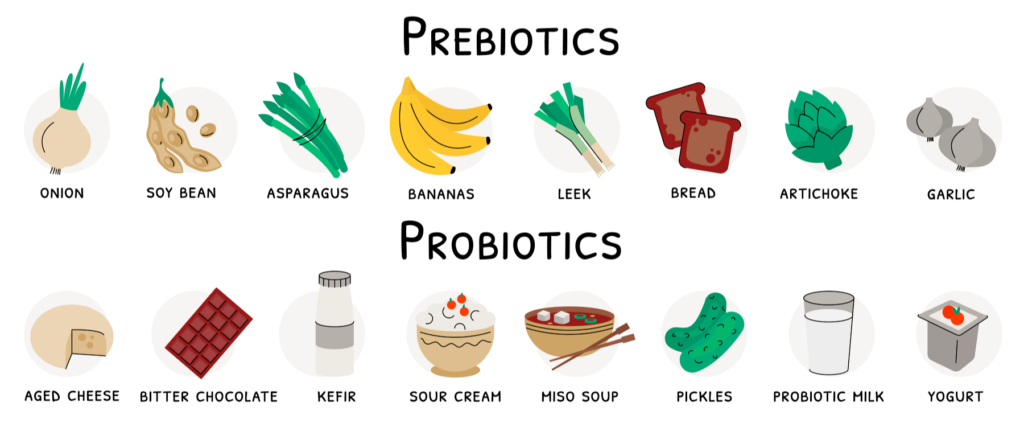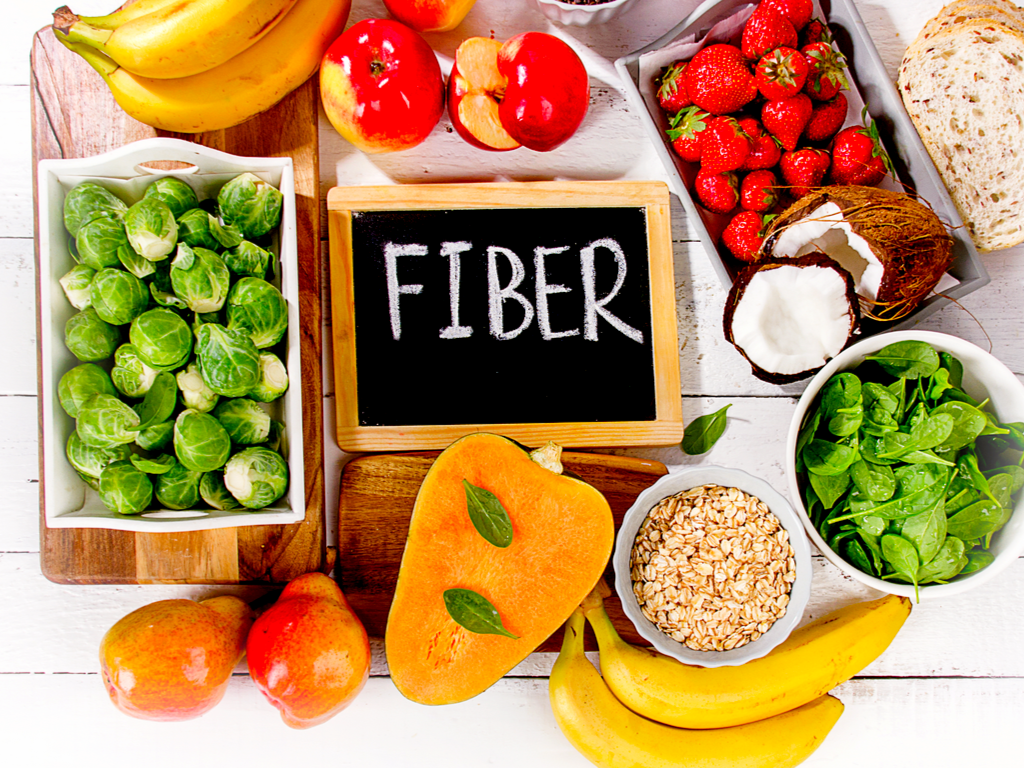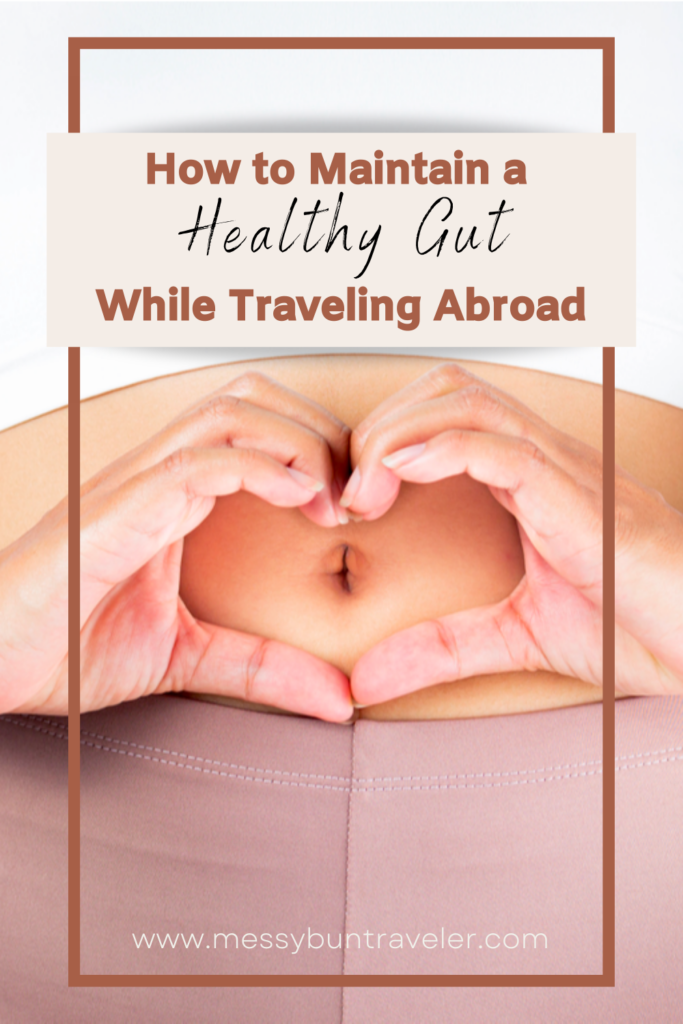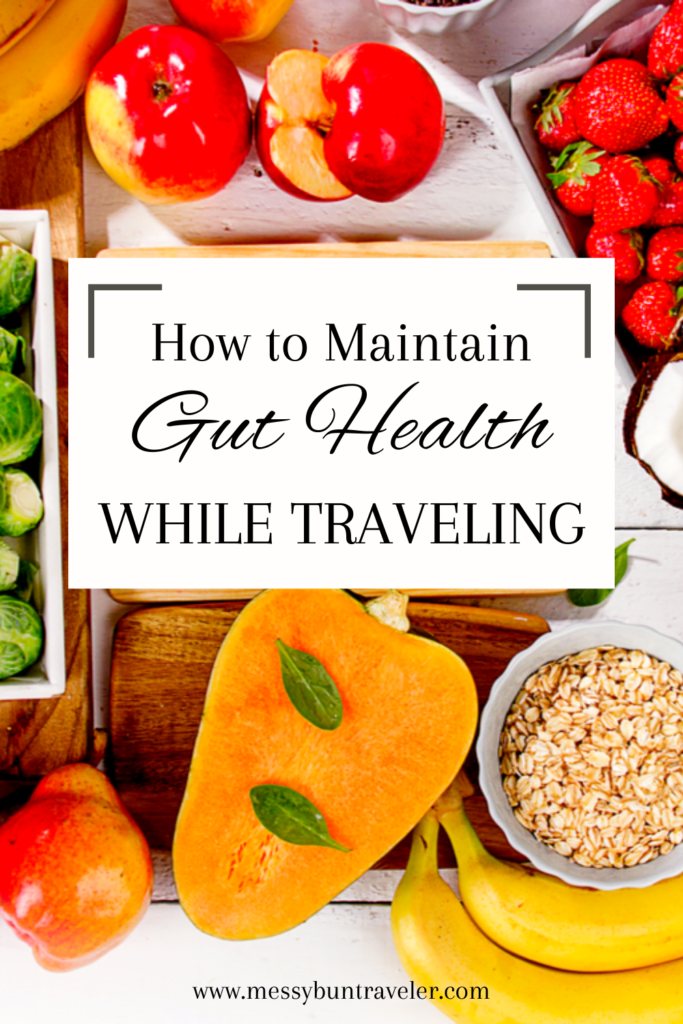Hey There!
I'm Reina
I am a full-time traveling registered nurse, fitness enthusiast, and nutrition expert. Every morning I wake up intending to bring awareness of the importance of health and spiritual wellness, especially to the traveling community. At Messy Bun Traveler, we promote travel that allows the traveler to either kick-start, maintain, or enhance a healthy lifestyle. So whether you're someone who travels for business, travels for pleasure, or new to travel and looking for health advice while on the road, this blog is for you!
inspiration
Categories:
health
destinations
fitness
resources
wellness
Privacy & Disclosure
The Messy Bun Traveler is designed to bring you fun stories, destination guides, and healthy travel advice. To help cover the cost of running this site, all posts are sprinkled with hand-selected affiliate links. When you click on one of these links and make a purchase, I will earn a small commission at no additional cost to you. I only accept affiliate links and paid advertisements from brands I believe in, trust and use personally. Thank you for your continued support!
How to Maintain a Healthy Gut While Traveling Abroad
March 17, 2022
Have you ever felt like you struggle with balancing all the indulgences and stress on the body while staying healthy (and regular, if you catch my drift) while traveling?
It’s no surprise that our gut health changes while on vacation. Suddenly, we’re in a new environment, open to different habits, trying new things, and tossing our daily routines right out the window.
While plunging into new experiences and cuisines is one of the most enjoyable parts of travel, it can also become the least enjoyable when an unhappy gut arises.
What is a Healthy Gut?
According to Medical News Today, gut health refers to the balance of the microorganisms living in our digestive tract.
Scientists studying the gut believe that there can be as many as 40 trillion microorganisms in your digestive tract at this very moment. Look down and say hello!
These microorganisms make up your body’s unique microbiome and play many roles in your overall health and well-being.
According to the Harvard School of Medicine, some of the key responsibilities of these tiny organisms include breaking down food into energy, synthesizing specific vitamins, minerals, and amino acids, and providing immune protection by keeping “bad” bacteria in check.
More research is being done, as there is an increasing interest in “gut health” as it also affects things like one’s mood, brain health, and overall feelings of well-being.
Unfortunately, travel can take a heavy toll on your gut microbiome. That’s why it’s good to know how to maintain a healthy gut while on the road.

How Your Gut Health is Affected While Traveling
Traveling to a new environment can be quite a shock to your body’s digestive system.
Everything changes! From touching down in a new time zone, lack of sleep, travel stress, changes in what you eat, cabin pressure on a plane, microbes in the air, etc., can all impact your gut. And as a result, it can influence how you ultimately feel both mentally and physically.
Traveling and eating overseas can have a significant impact on our gut health. Here are some tips on how to maintain gut health before, during, and even after that overseas trip abroad.
Before Your Trip:
Here are some ways to help prepare your gut as you prepare to travel.
Diet diversity
Scientists discovered that the greater the diversity of bacteria in the gut, as in the more variety of bacterial species, the greater the chance of them contributing to positive health benefits.
To get more gut diversity, it makes sense that your diet needs to be diverse too!
Change up your daily menu and food choices. The more variety of fruits, vegetables, grains, legumes, proteins, nuts, and seeds you consume, the more your gut health will flourish.
While traveling, it will better adapt to any changes you throw at it.

Eat whole-food plant-based as much as possible
It’s no surprise that whole-food plant-based food choices are superior food options for overall gut health.
One reason for this is the significant increase in fiber intake. When you increase plant fiber in your diet, you’re increasing the growth of more good bacteria in the gut.
Whole, plant foods are also the most nutrient-dense foods per calorie, so it’s easy to load up and feel full without all the unnecessary empty calories! Stocking up on a variety of food beforehand will help maintain a healthy gut while on your trip.
See also:
Stay away from overly processed and sugary foods
Many processed foods are loaded with additional refined sugars, sodium, and unhealthy fats. Too much of these can have very damaging effects on the gut microbiome and your overall health.
According to the Huberman Lab Podcast (literally my favorite podcast ever!), processed foods are absorbed differently in the gut. They disrupt the gut’s overall environment and make you crave more without even realizing it!
Too much sugar can also cause inflammation in the gut, making you feel tired and bloated.
Aim for at least one serving of fermented and probiotic foods
Fermented and probiotic food choices are excellent options to add to your diet. These foods help strengthen your gut microbiome.
Probiotics are specific strains of “good” bacteria that add to the population in your digestive tract. Look for foods labeled “naturally fermented” or “contains probiotics.”
Don’t forget the prebiotics too
If probiotics are the strains of bacteria, then the prebiotics is the fiber they have to feed on to thrive. Both are equally as important and play a critical role in gut health.
According to recent scientific research in the Nutrients Journal of Medicine, prebiotics can help probiotics become more resilient in certain environmental conditions and changes.
This is an incredible quality for the gut to have while traveling.
If you’re looking for a good source of prebiotic foods, try asparagus, bananas, fresh garlic, onions, and a variety of whole grains, beans, and legumes.

Polyphenols
Polyphenols is another substance found in plant-based foods that feed the good bacteria in your gut.
Foods polyphenols can be found in include coffee, tea, red wine, chocolate, and various fruits and vegetables.
Hydrate, hydrate, hydrate!
Whether you’re traveling or not, it’s always important to stay hydrated. Drinking water helps digestions by aiding in breaking down food so your gut can absorb all the good nutrients!
During Your Trip:
Here are some tips on how to maintain gut health while traveling.
Don’t “hold it.”
Relieving yourself in public restrooms in foreign countries can be an adventure all on its own. I’ll never forget the “squat potties” in Cambodia or the outhouse filled with tarantulas in Fiji.
But holding in your poop can cause severe interruptions in your gut’s natural processes and even lead to traveler’s constipation. In order to maintain gut health while traveling, relieve yourself when your body says it’s time.
Brush your teeth regularly
Something that frequently gets interrupted while traveling is good oral hygiene. When we’re out and about all day, coming home and brushing our teeth is the last thing on our minds.
But just like your gut, there are tons of bacteria living in your mouth.
Harmful bacteria and plaque can travel down to your stomach and ultimately affect the environment there.

Don’t skip the sleep
While staying out all night in a foreign country does sound appealing, it may not be so appealing to your gut.
The digestive system’s activity is largely correlated with your body’s natural circadian rhythm (which is why jet lag can also affect gut health). When your sleep schedule is all out of whack, your gut is too.
This can lead to feelings of “traveler’s stomach” and grumpy gut.
See also:
Keep moving
Moderate activity can elevate travel constipation and other digestive issues you may be feeling while abroad.
Consider small changes like taking the stairs instead of the elevator. Or even walking or renting a bike instead of taking a cab.
See also:

Go easy on the drinking
Having an afternoon cocktail is perfectly fine and all part of traveling, but when that one cocktail turns into a full night of binge drinking, your gut will not be pleased.
Excessive alcohol causes bacterial imbalances in the gut, leading to inflammation. This causes GI upset, constipation, bloating, and overall feeling very icky.
See also:
Avoid unnecessary antibiotics
Sometimes antibiotics are needed, especially while traveling to foreign countries.
But keep in mind any drug you take will affect your gut microbiome by destroying both the good and bad bacteria. Thus, making you more vulnerable to an upset stomach while traveling.
Only take antibiotics if absolutely necessary in order to maintain a healthy gut.

Manage travel stress
Stress changes the composition of your gut bacteria. This leads to cramps, constipation, diarrhea, and even changes in appetite.
In order to manage stress while abroad, keep in mind that travel can actually be a beneficial thing for your gut.
When introducing new foods and environments, your gut is cultivating resilience by actively having to adapt to its new ecosystem.
Because you’re being exposed to so many new microbes when you travel, your gut resilience may increase, meaning that you’ll have trained your gut to adapt quicker and more readily.
So don’t stress too much if you’re experiencing tummy issues while traveling abroad. Stressing over it can actually make it worse.
Just remind yourself that this is your gut’s way of building resilience and making you stronger. Give yourself permission to try the local cuisine!
Drink plenty of water
This shouldn’t change, especially during your trip! Need a travel water bottle? Check these out!
See also:
Wash your hands
I have an entire post dedicated to preventing food poisoning while traveling. Still, if there’s one tip that’s essential to but on this list too, it’s washing your hands before handling or consuming any food.
You don’t want all those microorganisms you’ve touched throughout the day getting on your food and into your gut!
See also:
After Your Trip:
Here are a couple of ways to bounce back and detox after a trip abroad.

Focus on fiber
Remember that important pre- and probiotics we talked about? Load up on high-fiber foods to reap the benefits!
If there were any disruptions in your gut health while traveling, fibrous foods could help get it back on track.
Continue drinking lots of fluids
No explanation here! We already know how beneficial water is to the gut, right?!
Shift back into your regular routine
Since our gut health directly correlates with our body’s circadian rhythm, it’s vital to get back to your normal daily routine as soon as you’re able!
Hit the gym
Studies show that working out can boost the amount of good gut bacteria species, easing some GI upset and irregularity.
If you couldn’t get much exercise on your trip abroad, now’s the best time to start. Working out makes you feel good mentally and physically, and those feel-good hormones will directly affect your gut health, too.
See also:
Enjoyed this post? Remember to pin me for later!




Join my newsletter
* We will never share your details with any third party